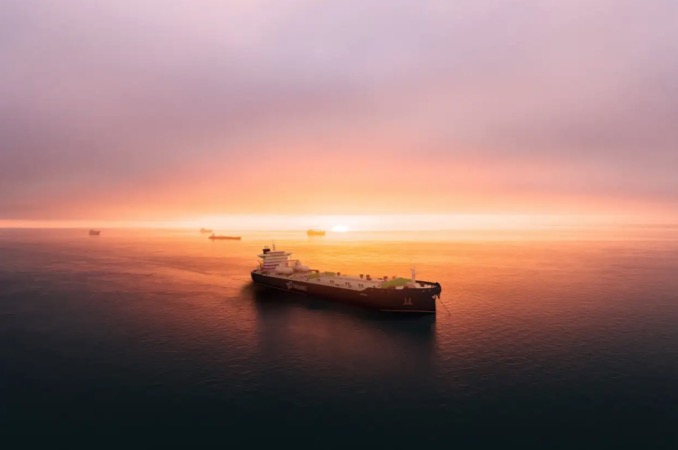Around 90% of everything we consume is moved by sea and maritime transport is responsible for around three per cent of global CO₂ emissions. According to Siemens Energy, due to these revised IMO standards, thousands of container vessels, yachts, and ferry operators worldwide will need to replace their heavy fuel oil and diesel generator drive solutions in the coming years. Fuel cells turn the chemical energy from hydrogen into electricity through an electrochemical reaction.
When the hydrogen used is produced with renewable electricity, the entire energy chain is fossil-fuel free. Fuel cells are an attractive option for helping the maritime industry to achieve net zero because of their high energy efficiency and versatility. In addition, they offer zero emissions, and comply with industry regulations.
A ground-breaking project will see the deployment of two, six-megawatt, platinum-based proton exchange membrane (PEM) fuel cell-powered ferries for passengers and cargo transport on Norway’s longest ferry connection, with journey times of up to four hours. Fuelled by green hydrogen, the ferries will have a capacity of 599 passengers,120 cars and twelve trucks each, and reduce CO₂ emissions by 26,500 tonnes per year on a combined basis. They are expected to come into service towards the end of 2024.
Global logistics company Samskip has turned to 3.2-megawatt PEM fuel cells for its two new hydrogen-fuelled container vessels, which will be among the first of their kind. Both 135-metre ships vessels will operate between Oslo Fjord and Rotterdam, approximately 700 nautical miles, and are due for delivery in the second half of 2025.
In May, a trial of the world’s first hydrogen-powered inland containership took place successfully, equipped with a PEM fuel-cell system from Nedstack.
Carrying products from sports brand Nike, the vessel will operate between the Netherlands’ Port of Rotterdam and Benelux’s largest inland container terminal located along the Albert Canal, Meerhout, Belgium.
Meanwhile Ballard Power Systems are providing PEM fuel cells for the first hydrogen-hybrid research vessel in the world, a pioneering project marking a significant shift towards sustainable and zero-emission marine research. The vessel, currently in the design phase, will be owned and operated by UC San Diego’s Scripps Institution of Oceanography.
Its design will enable the ship to operate 75% of its missions entirely using hydrogen, with diesel generators providing extra power for longer missions.
Tags: CO2 Emission, Hydrogen fuel, Shipping Industry, zero-emission

Recent Posts
Hapag-Lloyd and IKEA collaborate to advance cleaner shipping
Varuna Group’s pioneering role in sustainable logistics with Climes
Demand for clean ammonia will increase 3-fold by 2050: Study
NYK Line recycles ship lashing belts into solid fuel
Why the North Pole is warming faster?
Carbon Clean building carbon capture units
Amazon adopts green hydrogen for carbon neutrality
Kenoil to test biobutanol marine fuel